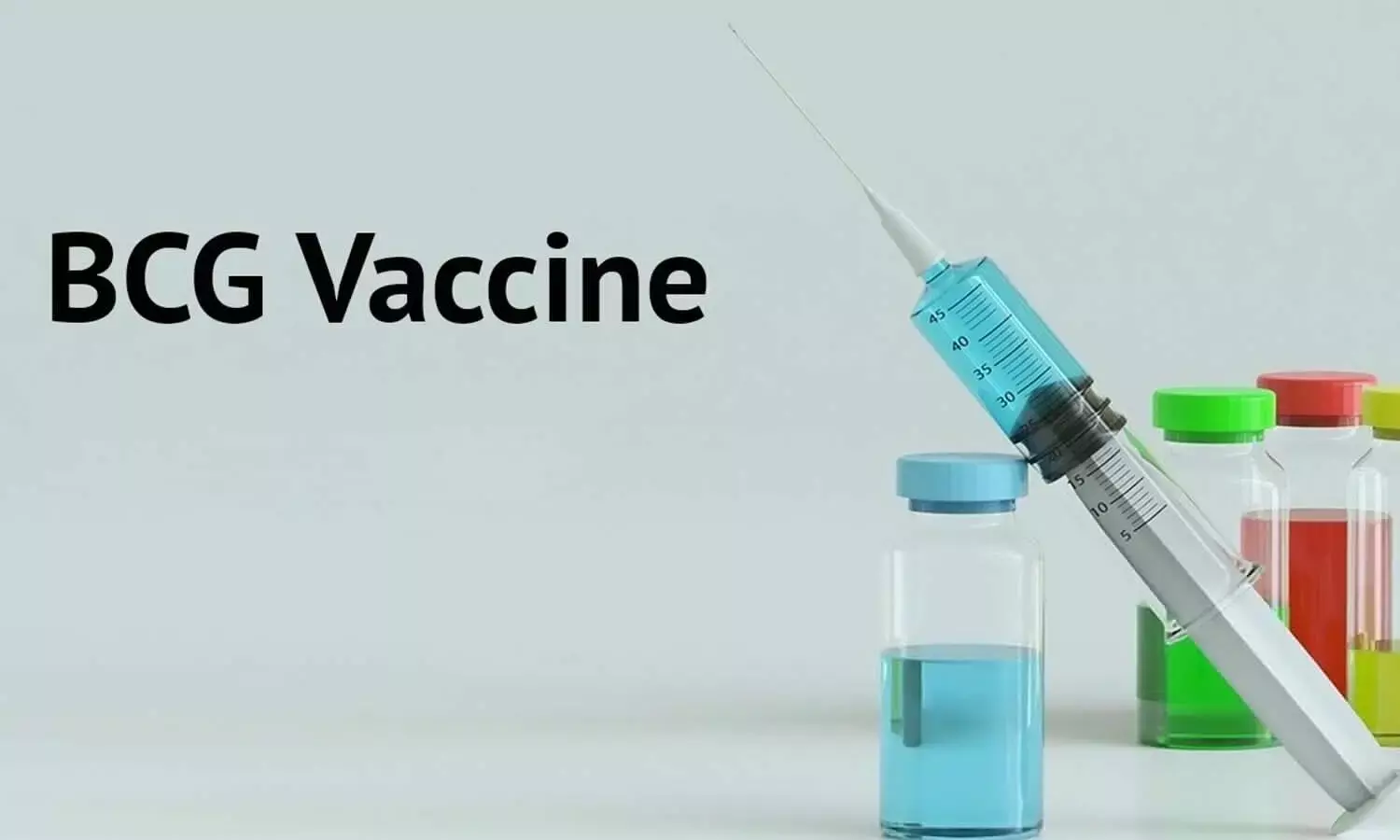- Home
- Medical news & Guidelines
- Anesthesiology
- Cardiology and CTVS
- Critical Care
- Dentistry
- Dermatology
- Diabetes and Endocrinology
- ENT
- Gastroenterology
- Medicine
- Nephrology
- Neurology
- Obstretics-Gynaecology
- Oncology
- Ophthalmology
- Orthopaedics
- Pediatrics-Neonatology
- Psychiatry
- Pulmonology
- Radiology
- Surgery
- Urology
- Laboratory Medicine
- Diet
- Nursing
- Paramedical
- Physiotherapy
- Health news
- Fact Check
- Bone Health Fact Check
- Brain Health Fact Check
- Cancer Related Fact Check
- Child Care Fact Check
- Dental and oral health fact check
- Diabetes and metabolic health fact check
- Diet and Nutrition Fact Check
- Eye and ENT Care Fact Check
- Fitness fact check
- Gut health fact check
- Heart health fact check
- Kidney health fact check
- Medical education fact check
- Men's health fact check
- Respiratory fact check
- Skin and hair care fact check
- Vaccine and Immunization fact check
- Women's health fact check
- AYUSH
- State News
- Andaman and Nicobar Islands
- Andhra Pradesh
- Arunachal Pradesh
- Assam
- Bihar
- Chandigarh
- Chattisgarh
- Dadra and Nagar Haveli
- Daman and Diu
- Delhi
- Goa
- Gujarat
- Haryana
- Himachal Pradesh
- Jammu & Kashmir
- Jharkhand
- Karnataka
- Kerala
- Ladakh
- Lakshadweep
- Madhya Pradesh
- Maharashtra
- Manipur
- Meghalaya
- Mizoram
- Nagaland
- Odisha
- Puducherry
- Punjab
- Rajasthan
- Sikkim
- Tamil Nadu
- Telangana
- Tripura
- Uttar Pradesh
- Uttrakhand
- West Bengal
- Medical Education
- Industry
BCG may safely and significantly lower blood sugar in type 1 diabetes: Clinical trial

BOSTON - BCG (Bacillus Calmette-Guérin) is an old vaccine which is used for prevention of tuberculosis. Besides this it has been used for standard of care for patients with bladder cancer and in some patients with colorectal cancer. BCG has raised new hope for patients of type 1 diabetes in latest trials.
Researchers from Massachusetts General Hospital (MGH) have found in clinical trials that bacillus Calmette-Guérin (BCG) vaccine may safely and significantly lower blood sugar in patients of type 1 diabetes. They have also found that Type 1 diabetics with age of onset younger than 21 years have a faster response time and greater change in HbA1c than adult onset type 1 diabetics.
They have presented the results of clinical trials at the recent 2021 Annual Scientific Sessions of the American Diabetes Association, researchers from Massachusetts General Hospital (MGH) presented positive updates on their trials of the bacillus Calmette-Guérin (BCG) vaccine to safely and significantly lower blood sugars.
In type 1 diabetes, an autoimmune disease which currently has no cure, T cells attack the pancreas and destroy its ability to create insulin, a hormone vital in allowing glucose to enter cells to produce energy. In prior work, Denise Faustman, MD, PhD, director of the MGH Immunobiology Laboratory, and colleagues have found that BCG boosts a substance called TNF, which eliminates the harmful T cells and aids development of beneficial ones called regulatory T cells, or Tregs.
Key findings include new understanding in how response to BCG vaccination differs depending on a patient's age of onset and additional support for the role of BCG vaccination to alter glucose transport and change Tregs. Currently 143 type 1 diabetics have received at least two doses of BCG, including 25 patients enrolled in a recently launched trial of adults who had pediatric onset. Pending FDA approval, MGH aims to launch a multi-center pediatric trial later this year.
"More data from randomized double-blinded clinical trials will be reported as we move towards additional readout of the Phase II trial," says Faustman, principal investigator of BCG clinical trials at MGH. "We have continued evidence of BCG's ability to reset and restore the immune system."
In 2018 MGH published results of the follow-up of Phase I trial of BCG-treated long-term diabetic participants, showing lasting clinically and statistically significant drops in HbA1c values that persisted with eight years of follow-up. The new data presented at the ADA include:
Type 1 diabetics with age of onset younger than 21 years have a faster response time and greater change in HbA1c than adult onset type 1 diabetics.
Over a period of three years BCG returns gene expression in Tregs in type 1 diabetics to a pattern consistent with non-type 1 control subjects.
The HbA1c response at two years in juvenile onset subjects is consistent with the three-year response seen in the Phase 1 study.
"BCG is an old vaccine, but it seems to be presenting new gifts," says Nigel Curtis, MD, PhD, of the Murdoch Children's Research Institute in Melbourne, Australia. He directs global clinical trials on the beneficial and off-targets effects of the BCG vaccine but was not involved in the current study. "This new data from MGH adds the growing understanding of how BCG changes the way the body responds to autoimmune and infectious disease."
Dr Kartikeya Kohli is an Internal Medicine Consultant at Sitaram Bhartia Hospital in Delhi with super speciality training in Nephrology. He has worked with various eminent hospitals like Indraprastha Apollo Hospital, Sir Gangaram Hospital. He holds an MBBS from Kasturba Medical College Manipal, DNB Internal Medicine, Post Graduate Diploma in Clinical Research and Business Development, Fellow DNB Nephrology, MRCP and ECFMG Certification. He has been closely associated with India Medical Association South Delhi Branch and Delhi Medical Association and has been organising continuing medical education programs on their behalf from time to time. Further he has been contributing medical articles for their newsletters as well. He is also associated with electronic media and TV for conduction and presentation of health programs. He has been associated with Medical Dialogues for last 3 years and contributing articles on regular basis.


